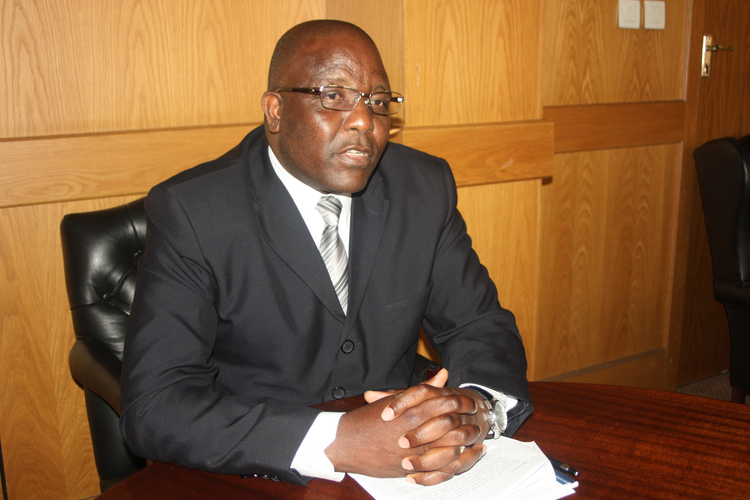
The Sunday Mail

THE current wave of optimism surrounding the resurgence of Homelink Private Limited, a unit of the Reserve Bank of Zimbabwe (RBZ) that was once put on the market in 2012 when Government made the decision to spin-off the central bank’s non-core assets, is largely underpinned by present forays in property.
Homelink has since been split into four divisions – Proplink, Easylink, Masterlink – a microfinance institution and Investlink, which scouts for investments for locals in the Diaspora.
Homelink’s property portfolio will be administered through Proplink.
Its focus is not only on residential properties but on commercial and industrial properties as well.
Last week, Homelink’s chairman Mr Moris Mpofu said that Proplink is also angling to provide residential flats for university accommodation, which is currently on high demand.
College students have to contend with high rentals in private dormitories around tertiary institutions.
“We are going to do high rise flats and develop shopping malls for which we are already engaging with investors,” he said at the launch of the Tynwald Housing project in Harare.
“We are also looking at construction of schools, hospitals and provision of accommodation facilities for university students. We are engaging quite a number of universities to do that,” he said.
Mr Mpofu added that the projects, which include development of residential properties throughout the country, will add oomph to the aspirations of Zim-Asset.
Through the Tynwald housing project, more than 180 residential stands will be developed.
Of these, housing units will be constructed on 100 stands.
Seventy percent of the properties will be reserved for Zimbabweans living in the Diaspora, while 30 percent will be for locals.
Mr Mpofu said while Zimbabweans living abroad preferred purchase of completed residential properties, Homelink was shifting its focus into developing land.
This, he said, would benefit the country more through value addition and job creation.
“We believe in empowering people through provision of housing but made an understanding that while purchasing a finished property is a form of investment, the nation does not derive optimum benefits through such investment. We need more land to add value. . .
“We are going to meet shareholder expectations, Homelink will put measures to attract funds from outside our borders to improve our market liquidity” he said.
“The major sources of liquidity in this multi-currency environment are exports, FDI (Foreign Direct Investment), external lines of credit and more importantly, diaspora remittances.
“So Homelink is going to play its role in contributing to market liquidity and sustaining the multi-currency system.
“Homelink will attain and maintain market leadership as we apply best international practice in the provision of financial and investment products to the Diaspora,” added Mr Mpofu.
Analysts who spoke to The Sunday Mail Business last week said there is scope for investing in the property sector given the backlog in residential property in the country.
“It is also believed that property, as an alternative form of investment, dilutes risks associated with other investments such as stocks.
“Risk profile in property is very low while income streams are certain,” said investment analyst Mr Albert Norumedzo.
“Demand for property is high and at the moment it is a safe investment whose yield is very high. Right now it is paying more than equities,” he said.



